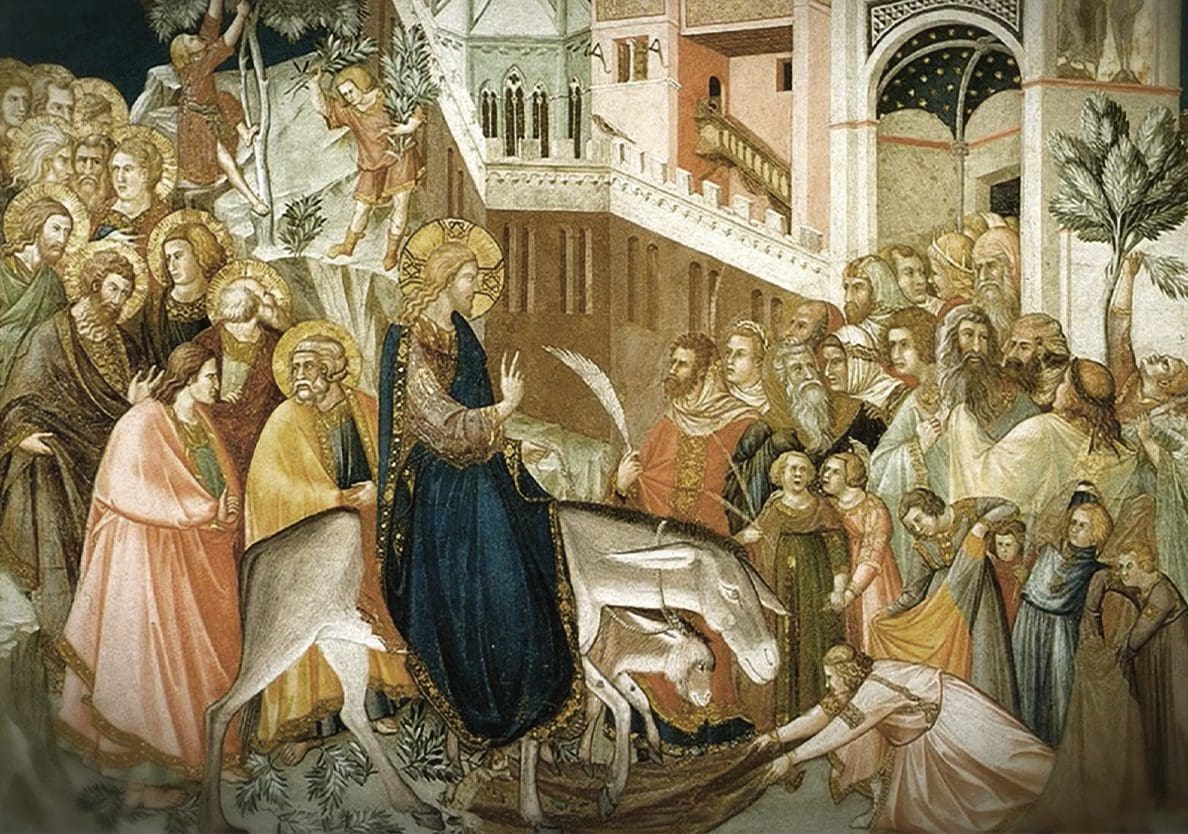In Hebrews 3-4 the writer’s overarching theme is entering the Lord’s rest, which he makes mention of several times. But just what exactly is the theological definition of the Lord’s rest according to Hebrews? The unidentified author builds his theology using other key scriptures. As a matter of fact, we see this in the very first mention of God’s rest in Hebrews 3:7-11, which is actually a quote from Psalm 95:7-11. In these verses the Psalmist is also looking back to Numbers 14 where God denies the wilderness wandering Israelites entry into His rest because of their unbelief.
In the immediate context of Numbers 14, and in that present situation as it related to the Israelites, this rest referred to the inhabitation of the promised land which included peace, safety, and security all around with God’s presence in their midst. However, a major point David is making in Psalm 95 is that this rest was still available in his time, meaning that “the entrance into the promised land could not have been entrance into the ultimate rest of God”.[1] Likewise, the writer of Hebrews (by quoting Psalm 95) makes the point that God’s promise of entering His rest “still stands” today (Hebrews 4:1). Thus, the rest offered to the desert dwellers in Numbers 14 was a promise much greater than just real estate. As Hebrews says, “If Joshua had given them rest, God would not have spoken later about another day” (Hebrews 4:8).
“So God blessed the seventh day and made it holy, because on it God rested from all his work that he had done in creation.”
Genesis 2:3
So, if this wasn’t God’s ultimate rest, then, what is? To answer that important question, it is imperative to understand the greater context of Psalm 95. While the immediate context of verses 7-11 was God’s rejection of the unbelieving Israelites, the Psalm as a whole is about God’s right to rule as King because He is Creator of everything. This contextual key regarding God as Creator is critical to understanding what the Lord’s rest truly is and the writer of Hebrews builds on this by expanding his ‘biblical-theological base’ even farther to include yet another foundational passage of Scripture—Genesis 2. Significantly, this isn’t the first time Hebrews does this because just as Hebrews 2 looks back through Psalm 8 to Genesis 1, Hebrews 4 looks back through Psalm 95 to Genesis 2. It is fitting that Hebrews reaches back to the very origins of the heavens and earth for the origin and definition of God’s rest. As Genesis explains, God created everything in six days and then “On the seventh day God rested from all His works” (Genesis 2:2,3; Hebrews 4:4) and sanctified it as a Sabbath, meaning “rest” in Hebrew. This Edenic state, then, is the very definition of God’s ultimate rest according to Hebrews and the rest of Scripture. Lest there should be any remaining doubt regarding this conclusion, the word translated as “rest” in Hebrews 4:9 is not the same rest mentioned elsewhere in Hebrews. As a matter of fact, this word occurs only this once in the entire New Testament. The word is sabbatismos, which is etymologically related to sabbath and could be rendered “sabbath rest” and can be further understood as a “holy rest”.


Although mankind was initially created into that perfect rest, our fall into sin spoiled it. Now instead of rest we sweat and toil until the day we return to the dust from which we were created (Genesis 3:17-19). Nevertheless, since that time[2] God in His great love, mercy, and grace has been working through Jesus Christ to bring us back into that rest (cf. Genesis 3:15), which will be a restoration of that perfect Edenic state with the creation of a new heaven and earth. Thus, the rest offered in Numbers 14 and Psalm 95 was only partial as it previewed and prefigured the ultimate rest in God to come which was inaugurated through the gospel of Jesus Christ. Thankfully, God still offers us this coming rest today for anyone who believes and trusts in His redemptive work through the person of Jesus Christ.

Ryan Hembree is a daily co-host, speaker, and writer of Bible Discovery. He also hosts a YouTube channel that shows the unity of the Bible and how science and Scripture fit together. Ryan also has an honorary Masters of Ministry in Creation Science from Phoenix University of Theology.






